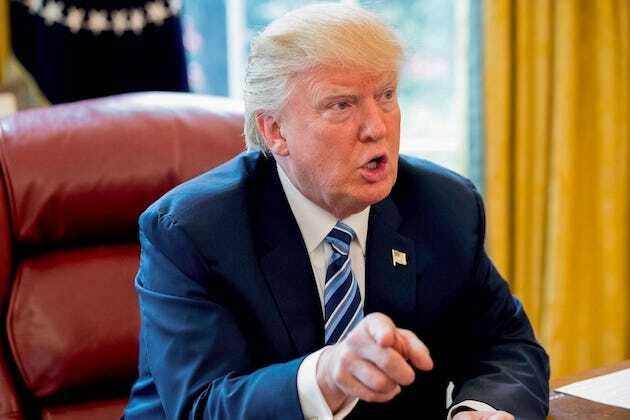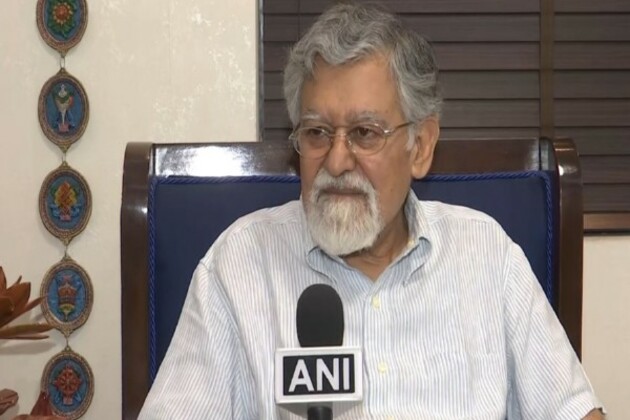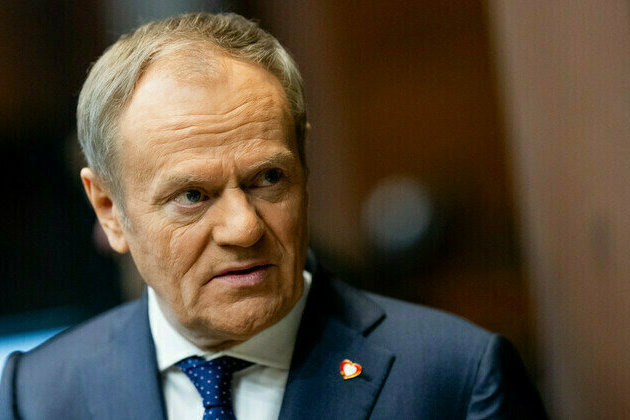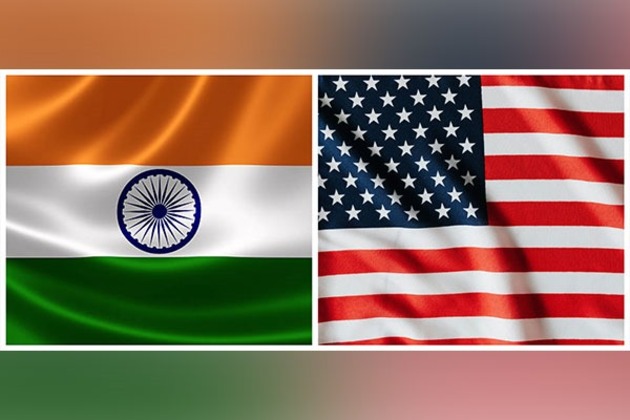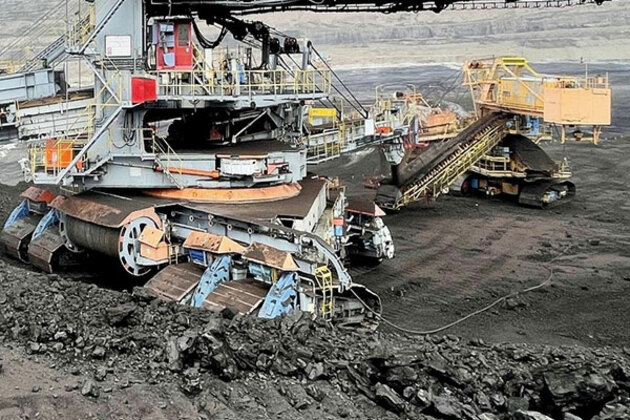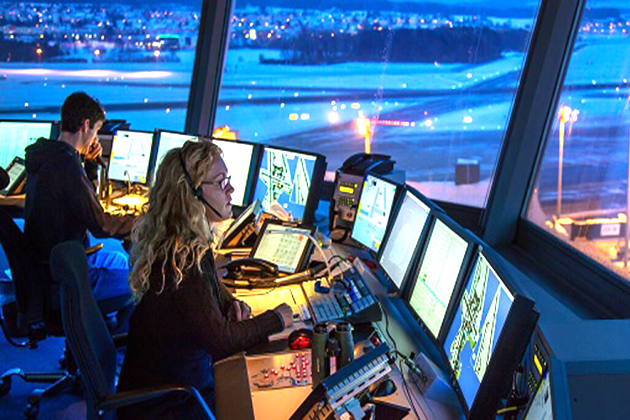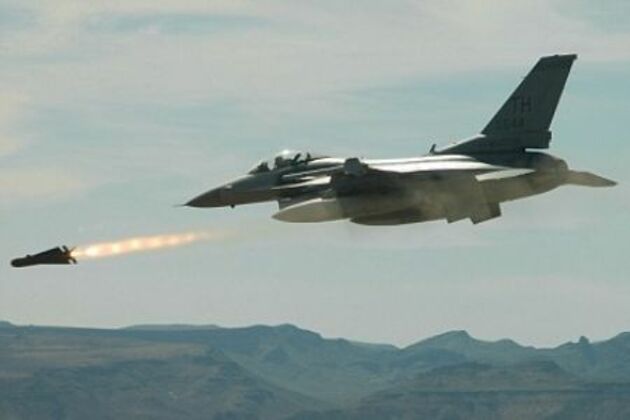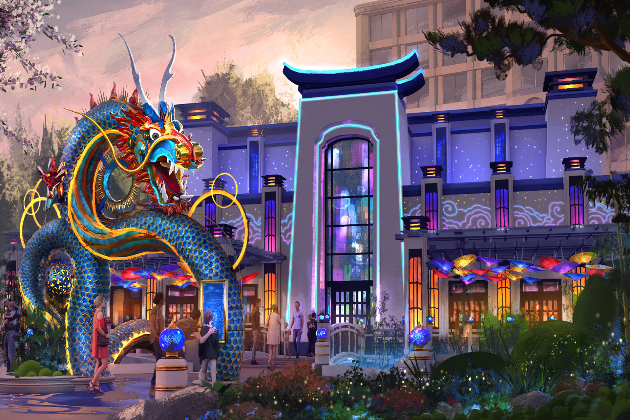Column: Asia's ascendance: an invitation to build a better world
Xinhua
26 May 2025, 16:15 GMT+10
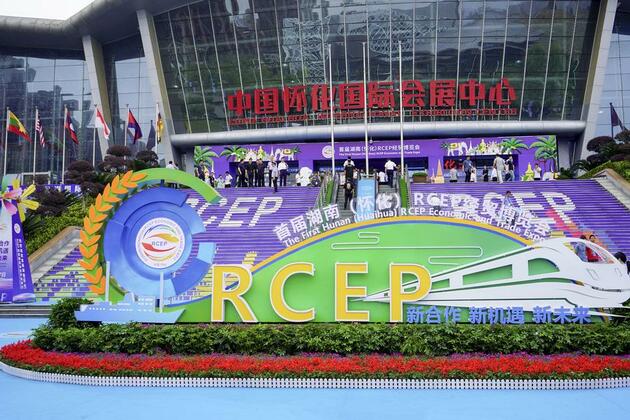
Asia's rise should not be viewed as a threat, but an invitation: to rethink global cooperation, broaden the definition of progress, and embrace a truly multipolar and equitable world order.
by Maya Majueran
Asia, home to over half of the global population with over a third of global GDP, has become a dynamic epicenter of growth, innovation and geopolitical influence.
As economic integration deepens through initiatives like the Regional Comprehensive Economic Partnership, Asia's role in shaping 21st-century governance, sustainability and multilateralism will continue to expand.
In recent years, Asia has placed greater emphasis on regional cooperation to strengthen economic resilience in the face of rising protectionism and global market uncertainty. By deepening intra-regional ties, Asia aims to build an economic framework that can better withstand external shocks while advancing shared development goals.
A unified diplomatic front could further amplify this momentum. Collective action in forums like the WTO and G20 would not only strengthen Asia's voice but also help stabilize a fractured global trading system.
Asia's development is not a replication of Western models, but is deeply rooted in local cultures and traditions encouraging social cohesion, collective responsibility and excellence, as well as long-term planning. The emphasis on education and discipline has also translated into rapid technological advancement while successfully preparing large workforces for innovation-driven industries.
This cultural distinctiveness challenges the notion that Western-style liberal democracy is the only viable path to prosperity, a critical lesson as Western societies face internal pressures and systemic challenges.
Asia's combined economic heft creates a unique opportunity to improve global governance. Yet building a truly multipolar world demands more than economic restructuring. It requires a shift in mindset, particularly from the West. Respect can no longer be assumed based on historical dominance, it must be earned through genuine engagement and acknowledgment of different developmental trajectories.
Asia's success stems not from exploitation but from sustained investment in education, infrastructure and innovation. It is a model of cooperation rather than coercion, offering an alternative vision for progress grounded in inclusion and shared prosperity.
For Western nations, adapting to these global shifts means moving beyond notions of superiority or assumed leadership. Embracing mutual respect by recognizing different governance models and historical contexts can unlock powerful new partnerships. Shared challenges such as climate change, pandemics and global inequality require collaborative solutions that draw on the strengths of both the East and the West.
Asia's rise should not be viewed as a threat, but an invitation: to rethink global cooperation, broaden the definition of progress, and embrace a truly multipolar and equitable world order.
The 21st century will not be defined by a singular superpower, but by collaborative leadership and shared responsibility. Asia's rise marks not just an economic shift, but a civilizational rebalancing. It offers an alternative vision for global progress rooted in cultural diversity, historical depth and forward-looking policy.
To thrive in this new era, the world must move beyond binaries of the East and the West. It must embrace mutual respect, adapt to multipolarity, and build inclusive systems that reflect the realities of a diverse and interconnected planet. In doing so, Asia is not just participating in shaping the future, it is helping lead it.
Editor's note: Maya Majueran currently serves as the director of Belt & Road Initiative Sri Lanka, an independent and pioneering organization with strong expertise in Belt and Road Initiative advice and support.
The views expressed in this article are those of the author and do not necessarily reflect the positions of Xinhua News Agency.
 Share
Share
 Tweet
Tweet
 Share
Share
 Flip
Flip
 Email
Email
Watch latest videos
Subscribe and Follow
Get a daily dose of Middle East Star news through our daily email, its complimentary and keeps you fully up to date with world and business news as well.
News RELEASES
Publish news of your business, community or sports group, personnel appointments, major event and more by submitting a news release to Middle East Star.
More InformationInternational Business
SectionTrump re-ignites trade war, targets Europe in extraordinary attack
WASHINGTON, DC - U.S. President Donald Trump re-ignited his trade war on Friday with an extraordinary attack on the European Union...
India to become fourth-largest economy by 2025-26: NITI Aayog's Arvind Virmani
New Delhi [India], May 26 (ANI): NITI Aayog member Arvind Virmani on Monday expressed confidence that India will be the fourth-largest...
Poland wants to earn big money on Ukraine Tusk
Warsaw can play a key role in rebuilding the country after the conflict, according to the prime minister Poland intends to profit...
US isn't running trade deficit with India, think tank GTRI decodes hidden surplus
New Delhi [India], May 26 (ANI): US President Donald Trump's regular targeting of India about the trade deficit and accusations that...
India has $45 billion opportunity in mining-construction equipment sector by 2030: CII-Kearney report
New Delhi [India], May 26 (ANI): India is poised to unlock a USD 45 billion opportunity in mining and construction equipment sector...
Somaiya Vidyavihar University Opens UG Admissions for 2025-26
SMPL Mumbai (Maharashtra) [India], May 26: Somaiya Vidyavihar University (SVU), Mumbai's most progressive and multidisciplinary private...
International
SectionEU probes Visa, Mastercard fees amid antitrust scrutiny
BRUSSELS, Belgium: European Union antitrust regulators are examining fees imposed by payment giants Visa and Mastercard, Bloomberg...
US Army to list only birth sex in transgender soldiers' records
WASHINGTON, D.C.: The U.S. Army plans to change the records of transgender soldiers to list only their sex at birth, according to a...
US FAA orders flight reductions at Newark Airport to ease congestion
WASHINGTON, D.C.: The Federal Aviation Administration (FAA) said this week that it will require airlines to reduce the number of flights...
Nine children from 1 family die as Israel Air force pilots hit 100 targets in Gaza
GAZA - The home of a doctor working in the emergency room at the Nasser Medical Complex in southern Gaza was struck by Israel Air...
Universal unveils Epic Universe to challenge Disney’s dominance
ORLANDO, Florida: For years, Universal Orlando played second fiddle to Disney's sprawling empire in Central Florida. Now, with the...
Biden-era fuel rules face pushback over EV inclusion
WASHINGTON, D.C.: The U.S. Transportation Department is expected to say that fuel economy rules created under President Joe Biden went...

